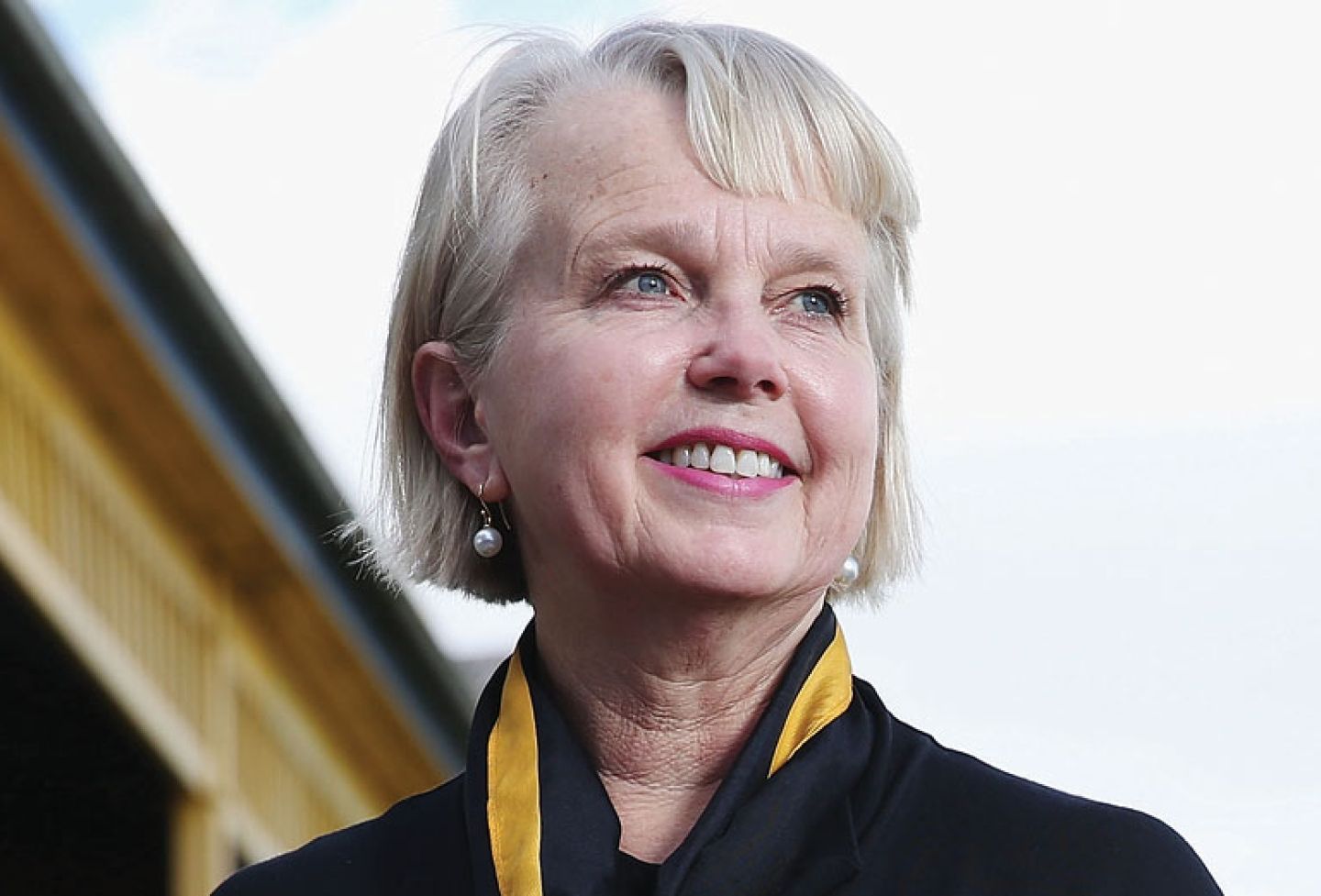Later this year, a new company, Tellus Products, will introduce a line of biodegradable plates, bowls and takeout containers made entirely from processed sugar cane fiber.
“The beauty of this is that those products are biodegradable, all-natural and renewable,” said Armando Tabernilla ’84, the general counsel, vice president and secretary for Florida Crystals, which formed Tellus as a joint venture with the Sugar Cane Growers Cooperative of Florida. “Environmentally it’s an excellent product and an alternative to Styrofoam.”
The new line of products is the latest development in Tabernilla’s 20-year tenure at Florida Crystals. During that time, the company has also emerged as one of the largest sugar producers and refiners in the world. In addition to growing and milling sugar cane on more than 190,000 acres in Florida, the company has expanded vertically, buying sugar refiners around the world. Tabernilla’s legal department has expanded accordingly, from just three people when he joined — “We all did whatever came in the door,” he recalled — to 22 people now. His focus is on business development, transactional work, corporate matters and significant litigation.
Florida Crystals has its roots in Cuba. When the Castro government nationalized the sugar industry in 1959, Alfonso Fanjul, Sr. fled to the United States with his family and formed Florida Crystals. It is a story that resonates with Tabernilla, whose parents also fled Cuba in 1959 just months before Tabernilla was born. He grew up in the Palm Beach area before attending Duke University, where he majored in civil engineering and economics, and graduated Phi Beta Kappa. After UVA Law, Tabernilla spent eight years in private practice at Miami firm Steel, Hector & Davis before jumping at the opportunity to go in-house with the pharmaceutical multinational IVAX (now part of Teva Pharmaceuticals) in 1992 as associate general counsel and eventually general counsel. He joined Florida Crystals in 1998.
Having spent six years working for a public company, Tabernilla said he prefers the freedom of working for one that is privately owned.
“You have the flexibility of making decisions with a long-term focus,” he explained. “You don’t have to worry so much about short-term performance, as you do when you’re the general counsel of a public company. You’re not always worried about the next quarterly earnings report.”



